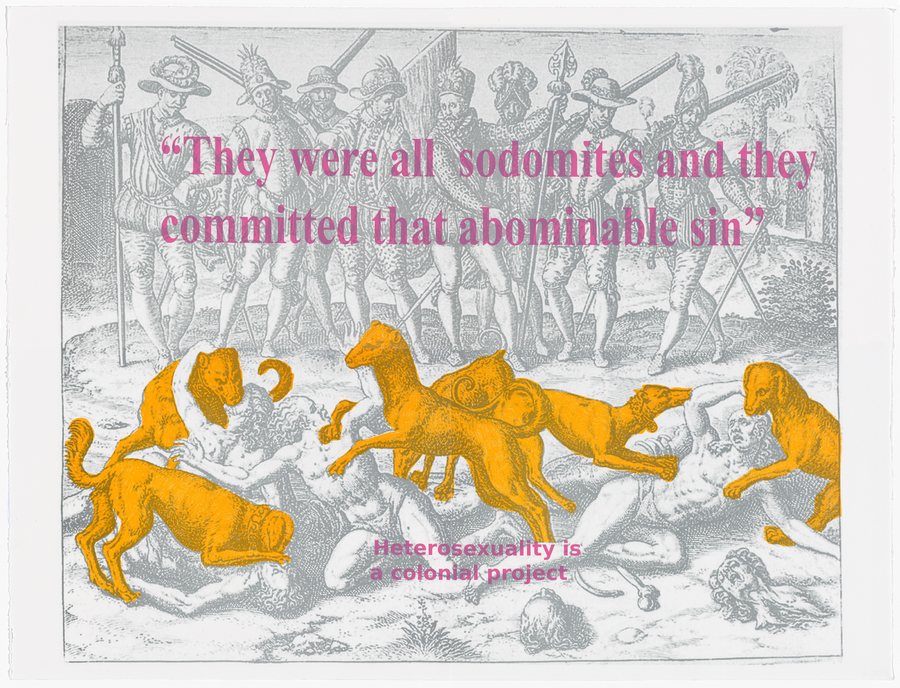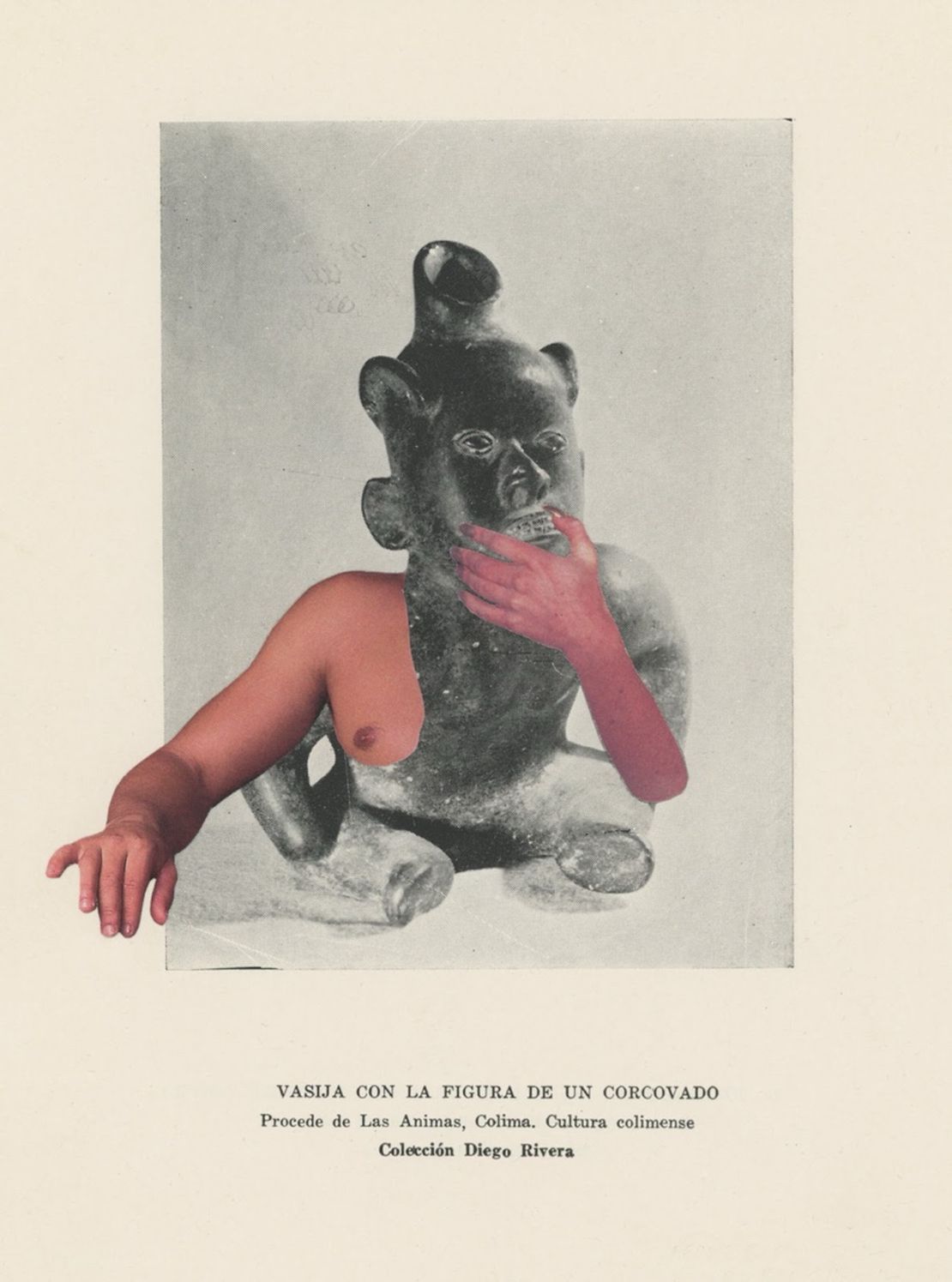Abstract
The work of Colectivo Ayllu focuses on our colonial past and is related to cultural heritage by addressing historical, social, and cultural themes and aspects that are essential to our heritage and legacy. These artworks explore the consequences and traces left by colonialism in our societies, reflecting on how these experiences have attempted to shape our collective identity. However, we resist through our ancestors and ayllus, forming a resistance against these influences.
This multimedia installation takes viewers on a labyrinthine journey through four stations, presenting itself as an Andean huaca, a sacred site. From this vantage point, it critiques the Western and heterosexual construction of the colonial project that commenced in 1492, highlighting the instrumental role that dogs played in acts of torture. It emphasizes that this repressive project did not conclude with the end of the colonial era, but rather, it persistently multiplied its power through contemporary manifestations such as borders, police forces, and detention centers for foreigners.
Moreover, the installation reclaims forms of spiritual resistance that have endured in Abya Yala, the Indigenous name for the Americas, despite the ongoing violence. To bring this installation to life, the collective behind it devised “soft walls” inspired by the images and collages they created during their residency at the Australian Print Workshop in Melbourne in 2019. These elements were combined with a sand floor, varied lighting, fragrances, audio recordings, and videos. The journey culminates with a celebration of “perreo,” a dance associated with reggaeton music.
One of the central messages conveyed by the installation is the assertion that the guilt lies not with the marginalized communities but with the dominant white and Christian structures. By challenging and interrogating these power dynamics, the artwork invites viewers to critically examine the legacy of colonialism and its ongoing implications, while also embracing and celebrating forms of resistance and resilience that continue to shape Abya Yala.
Citation
Colectivo Ayllu. 2020. 'No nos culpes por lo que pasó [Do not blame us fow what happened]'. Dispossessions in the Americas. https://staging.dia.upenn.edu/en/art/AECU010/

